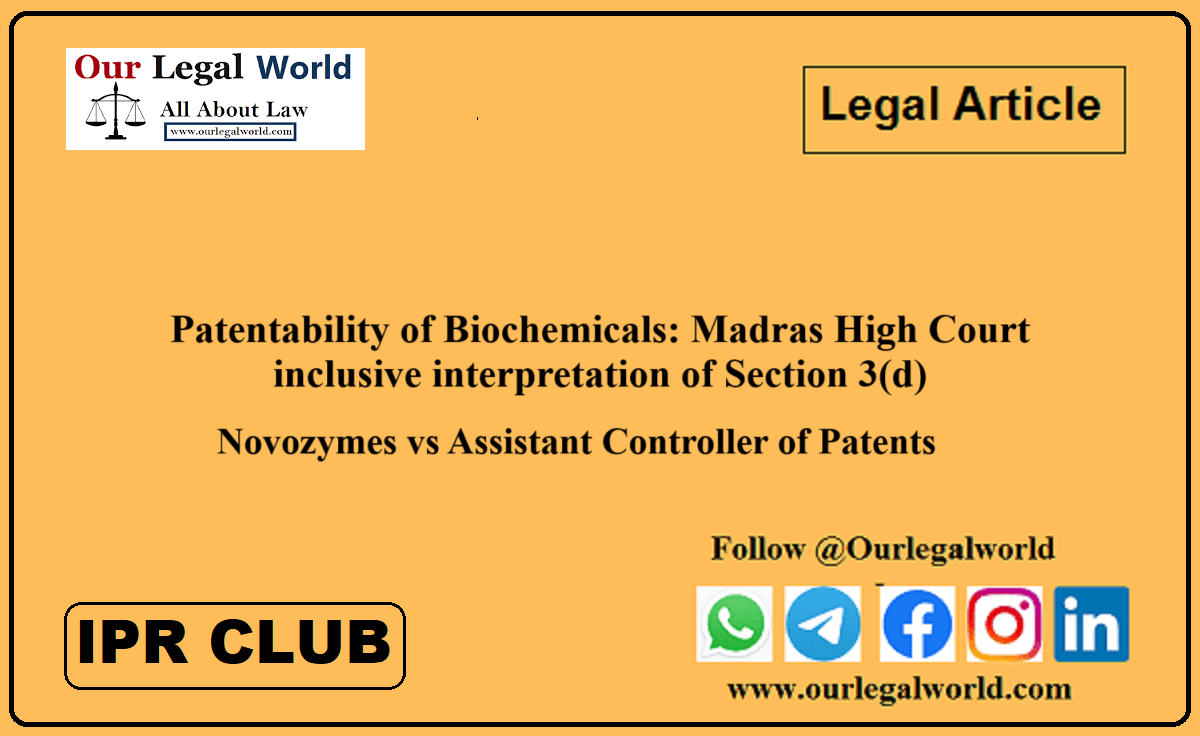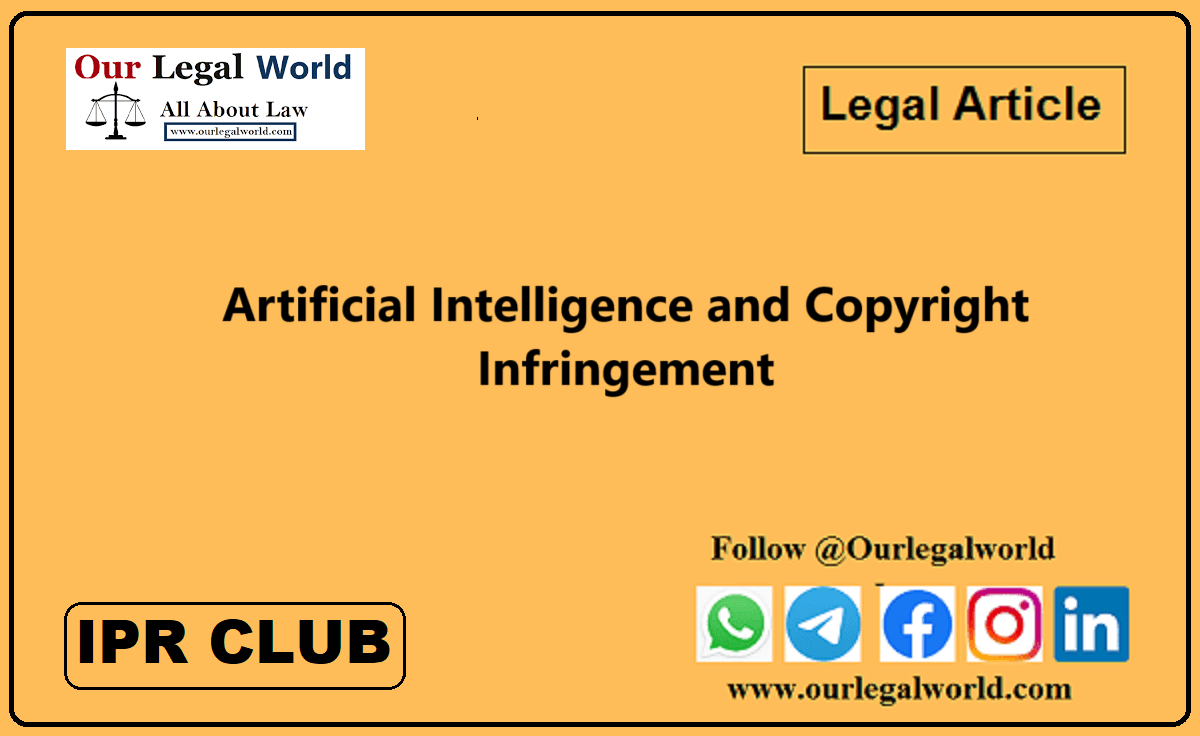Central government passed the Aadhaar (Amendment) Ordinance 2019
The Union Cabinet approved an Ordinance to make amendments to the Aadhaar Act 2016, Prevention of Money Laundering Act 2005 & Indian Telegraph Act 1885.
The Union Cabinet has taken the Ordinance route after the last session of the Lok Sabha ended on February 13. With the imminent dissolution of the 16th Lok Sabha, the Amendment Bill introduced last year will lapse.
The Supreme Court in 2018 its judgement in the Puttuswamy v. Union of India and other tagged petitions held Aadhaar to be constitutionally valid. However, it read down/struck down few sections of the Aadhaar Act and Regulations and gave several other directions in the interest of protecting the fundamental rights to privacy under Article 21 of the Constitution.
Consequently Union Government was proposed to amend the Aadhaar Act, Indian Telegraph Act and the Prevention of Money Laundering Act in line with the Supreme Court directives and the report of Justice B.N.Srikrishna (Retd.) committee on data protection
The features of the said amendments are as follows—
-
- Provides for voluntary use of Aadhaar number in physical or electronic form by authentication or offline verification with the consent of Aadhaar number holder;
- Provides for use of twelve-digit Aadhaar number and its alternative virtual identity to conceal the actual Aadhaar number of an individual;
- Gives an option to children who are Aadhaar number holders to cancel their Aadhaar number on attaining the age of eighteen years;
- Permits the entities to perform authentication only when they are compliant with the standards of privacy and security specified by the Authority; and the authentication is permitted under any law made by Parliament or is prescribed to be in the interest of State by the Central Government;
- Allows the use of Aadhaar number for authentication on voluntary basis as acceptable KYC document under the Telegraph Act, 1885 and the Prevention of Money-laundering Act, 2002.
- Proposes deletion of section 57 of the Aadhaar Act relating to use of Aadhaar by private entities;
- Prevents denial of services for refusing to, or being unable to, undergo authentication;
- Provides for establishment of Unique Identification Authority of India Fund;
- Provides for civil penalties, its adjudication, appeal thereof in regard to violations of Aadhaar Act and provisions by entities in the Aadhaar ecosystem.
Source: LiveLaw, Barandbench








